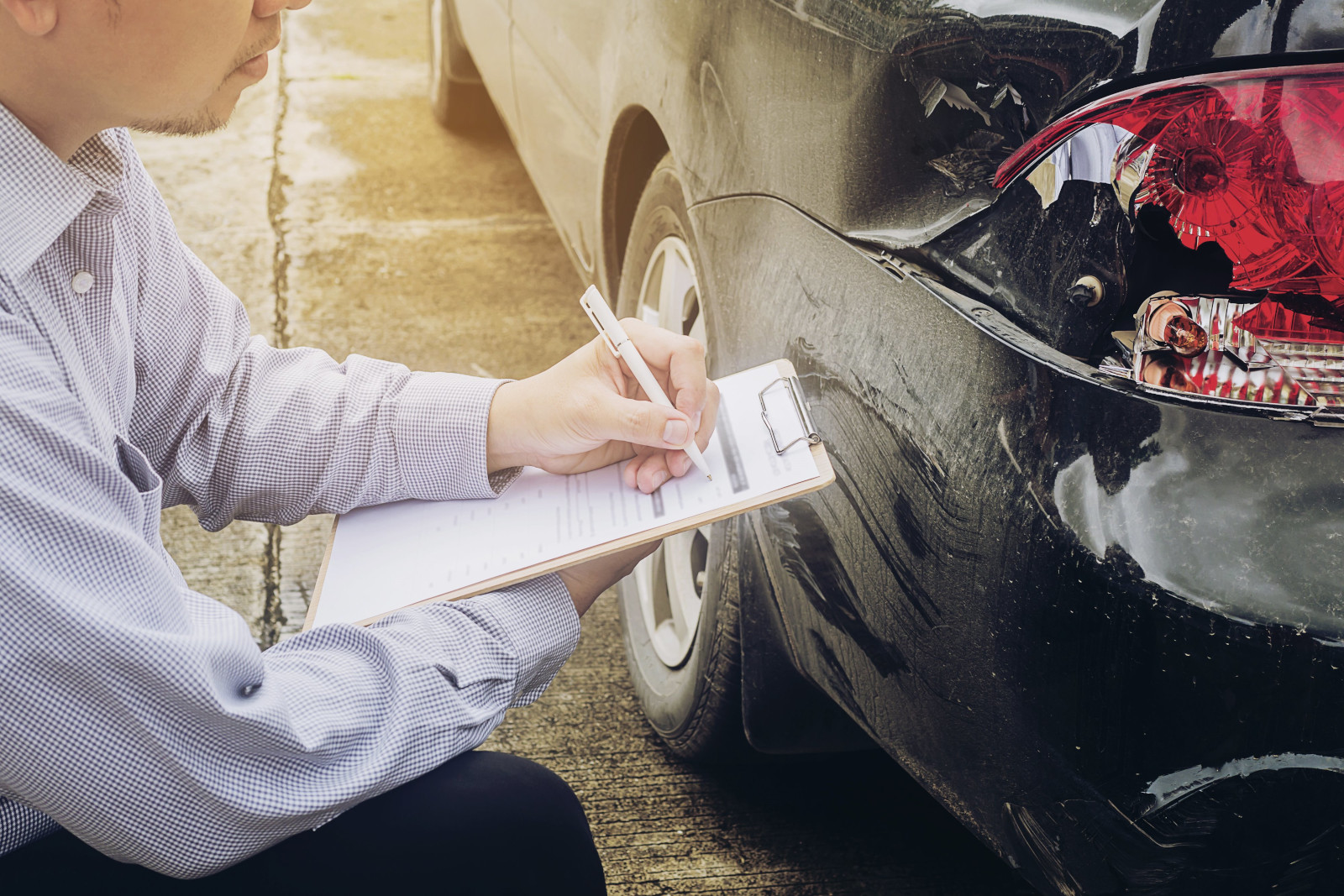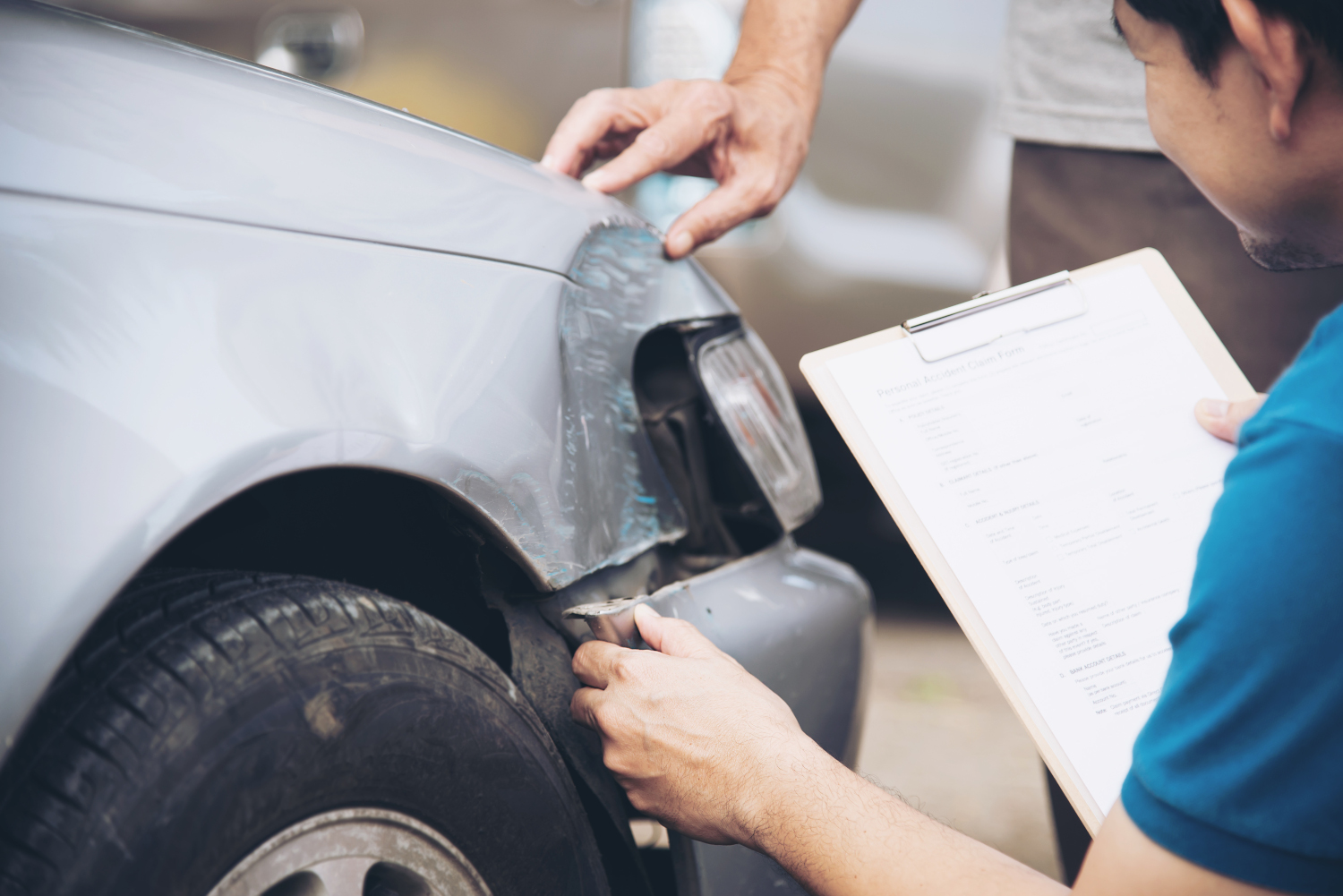No one expects to be in a car accident, but when it happens, the stress of dealing with vehicle repairs can be overwhelming. Finding the right collision repair shop is one of the most important decisions you’ll make during the process. The quality of the repairs not only affects the appearance of your vehicle but also its safety and long-term value. Thankfully, choosing a reputable repair shop doesn’t have to be daunting—this guide will help you make an informed decision to get your car back on the road in top condition.
Why Choosing the Right Collision Repair Shop Matters
The aftermath of an accident is about more than just fixing dents and scratches. The integrity of your vehicle’s repairs directly impacts:
- Safety: Proper repairs ensure that essential safety features, like airbags and crumple zones, function correctly in the event of another accident.
- Resale Value: High-quality repairs maintain your vehicle’s value by preserving its structural and cosmetic integrity.
- Insurance Coverage: Choosing a reputable shop helps ensure repairs meet insurance standards, protecting you from future liability.
Cutting corners by selecting a subpar repair shop may save time or money upfront but can lead to long-term issues, including safety risks and lower resale value.
Key Factors to Consider When Choosing a Collision Repair Shop
Finding a trustworthy repair shop starts with understanding what to look for. Here are the top factors to evaluate:
- Certifications and Credentials Look for shops with industry certifications, such as I-CAR Gold Class or ASE certification. These credentials indicate that the technicians have undergone rigorous training and adhere to high industry standards.
- Experience and Reputation A shop with a long history of excellent service is a good indicator of reliability. Read online reviews, ask for recommendations, and check testimonials from past customers to gauge the shop’s reputation.
- Warranty on Repairs A reputable repair shop will stand by their work. Ensure they offer a warranty on both parts and labor, which gives you peace of mind that the repairs will last.
- Use of OEM vs. Aftermarket Parts Ask whether the shop uses Original Equipment Manufacturer (OEM) parts or aftermarket alternatives. OEM parts are made specifically for your vehicle and often offer superior quality and fit. While aftermarket parts can be less expensive, they may not provide the same level of reliability.
- Insurance Compatibility Many people believe they must use the repair shop recommended by their insurance company, but this is not true. By law, you have the right to choose your own repair shop. Insurance companies often suggest preferred shops to save costs, but you can decide where your vehicle is repaired. The best repair shops will work directly with your insurance company to make the claims process seamless.
- Facility and Equipment Visit the shop to assess cleanliness, organization, and the state of their equipment. Advanced tools and a well-maintained facility are signs of a professional operation capable of handling complex repairs.
- Customer Service Pay attention to how the staff communicates. Are they transparent about costs, timelines, and repair options? Do they take the time to answer your questions? A shop that values customer satisfaction will make the repair process less stressful.
Red Flags to Avoid
Be cautious if you encounter any of the following warning signs:
- No visible certifications or licenses.
- Vague or overly low repair estimates.
- Pushy behavior about using aftermarket parts or their “preferred” insurance terms.
- Consistently negative reviews about repair quality or customer service.
Choosing a shop that doesn’t meet industry standards may lead to subpar repairs, higher costs in the long run, or additional stress.
The Benefits of Choosing a Local, Trusted Shop
Opting for a local collision repair shop has distinct advantages:
- Personalized Service: Local businesses often build relationships with their customers, providing a level of care and attention that larger chains may lack.
- Convenience: Follow-up services or warranty claims are easier to handle with a nearby shop.
- Community Support: Supporting a local business strengthens the community and encourages high-quality service driven by reputation.
Questions to Ask Before Choosing a Collision Repair Shop
To make an informed decision, ask these key questions:
- Are you certified by organizations like I-CAR or ASE?
- Do you offer a warranty on your repairs? What does it cover?
- Will you use OEM parts, aftermarket parts, or a combination of both?
- Can you provide a detailed, itemized estimate?
- How long will the repairs take?
- Do you work directly with my insurance company?
A trustworthy shop will answer these questions openly and provide documentation to back up their claims.
Final Thoughts
Choosing the right collision repair shop can make all the difference in restoring your vehicle to its pre-accident condition. Don’t feel pressured to use the repair shop recommended by your insurance company—you have the right to choose a shop you trust. Look for certifications, transparent communication, and a proven track record of high-quality repairs.
At AutoBody by Fisher, we take pride in delivering exceptional service, from working directly with your insurance company to ensuring every repair meets the highest standards of safety and quality. Contact us today for a free estimate and see why we’re the trusted choice for collision repair in Van Alstyne and beyond.




Leave a Reply